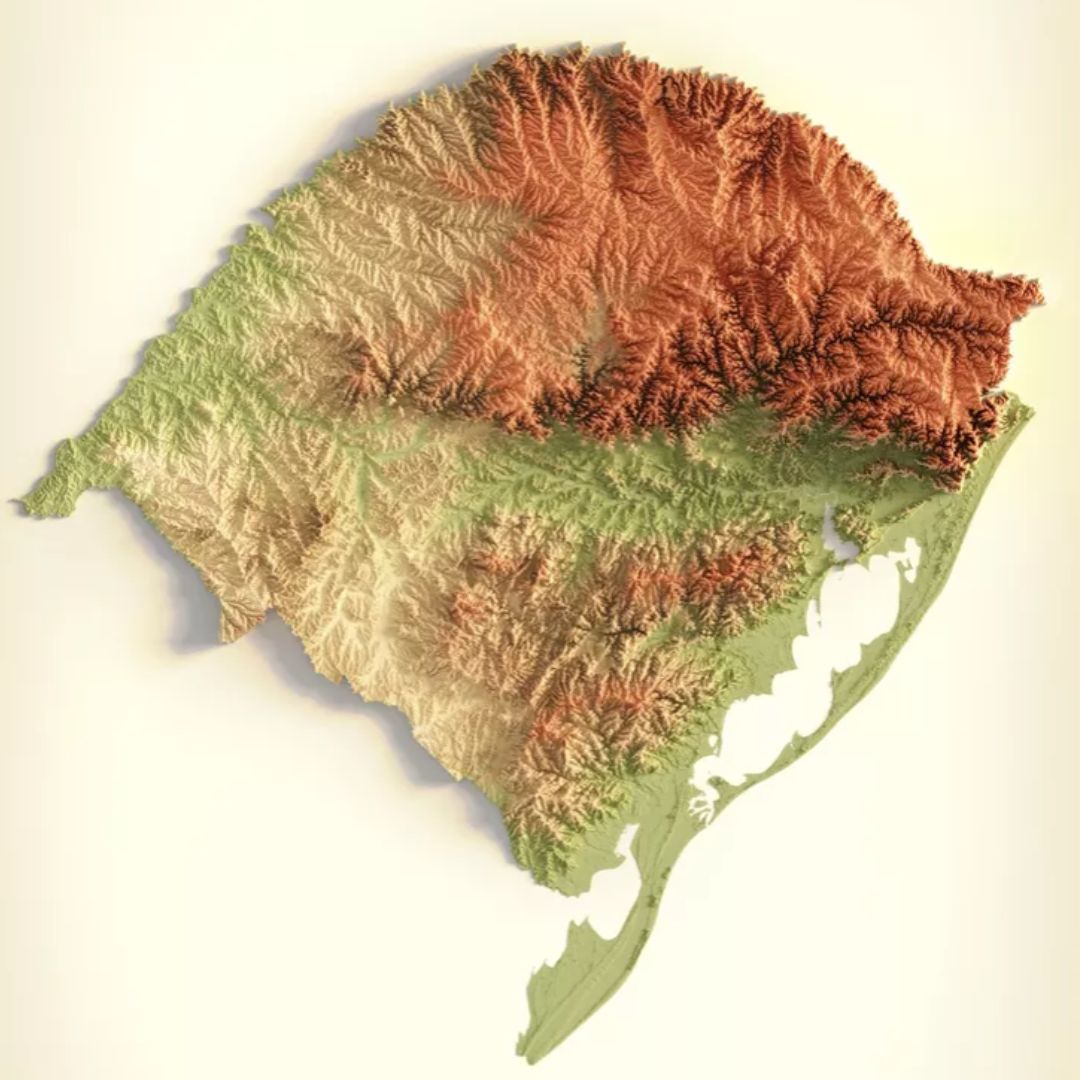
Istmo – Creative circuits is the most comprehensive and promising project to insert the visual arts of RS into the national scene already developed, with the involvement of curators and cultural agents from the states of Pará, Amazonas, Maranhão, Ceará, Bahia, Paraná, Pernambuco, Distrito Federal, Goiás, São Paulo, Rio de Janeiro and Belo Horizonte. This project aims to promote the visual arts and give visibility to talented artists from Rio Grande do Sul, through the creation of networks of relationships between 12 renowned curators and cultural agents from the five Brazilian regions who will get to know and analyze the work of 40 artists from Rio Grande do Sul.
Workshops to assemble portfolios “Trilhando Caminhos Criativos” will be offered in seven cities in Rio Grande do Sul, as a way of enhancing the opportunity for participation of young artists and/or those at the beginning and middle of their careers, notably in regions and social groups that face barriers social needs for their insertion in the artistic field. An open call notice will be launched for artists from all over Rio Grande do Sul, with wide publicity and whose vacancies will be more than 40% destined for female artists, LGBTQIA+ people, black, brown, indigenous people, members of traditional communities and/or people with disabilities. A commission of three renowned local curators will select artists from across the state, who will have the opportunity to present their production to curators from different parts of the country, receiving feedback on their work, encouraging professionalization and creating possibilities for participation in future exhibitions in other countries. states of the country.
A cycle of lectures will be held, part of an extension training course linked to the UFRGS Institute of Arts, in which each of the 12 invited curators will present a lecture on their curatorial activities and the artistic scene in their region, as well as opportunities for its locality for artists from Rio Grande do Sul. And a documentary will be made, “Ponto Vélico”, with the renowned director Diego de Godoy, featuring interviews with the curators answering the fundamental question “what does a curator look for?”, as a way of instrumentalizing, inspiring and leveraging the participation of artists in the national scene. The catalog will present the 40 artists selected in the Istmo project and the 12 guest curators.
AXIAL ACTIVITIES OF THE PROJECT:
-
- PORTFOLIO WORKSHOP / Treading Creative Paths
Offering workshops for portfolio assembly in seven cities in RS (Porto Alegre, Novo Hamburgo, Caxias do Sul, Pelotas, Rio Grande, Santa Maria, Passo Fundo), as a way of enhancing the opportunity for participation of young artists at the beginning or at middle stages of their careers.
- PORTFOLIO WORKSHOP / Treading Creative Paths
- VISITS TO CULTURAL SPACES AND PORTFOLIO READINGS/ Cultural Routes: curators in the south
The guest curators will spend 7 days in the city, where they will read the portfolio and professional guidance of 20 artists each and will visit museums, universities, art galleries and cultural spaces.
- ART NOTICE / ISTMO: Mapping the Artistic Diversity of southern Brazil
Launch of an open call for artists from all over RS, with wide publicity and whose vacancies will be more than 40% destined for female artists, LGBTQIA+ people, black, brown, indigenous people, members of traditional communities and/or people with disabilities to select 40 artists.
- EXTENSION COURSE / Cultural Dialogues: Regional Perspectives
A cycle of lectures will be held, part of an extension training course linked to the UFRGS Institute of Arts, in which each of the 12 invited curators will present a lecture at the UFRGS Cultural Center.
- DOCUMENTARY/ Ponto Vélico: What does a curator look for?
Making a documentary, Ponto Vélico, featuring interviews with curators answering the fundamental question “what does a curator look for?”
- SOCIAL MEDIA
Creation of social networks for the project, with regular publications, publicizing activities and interaction with the public;
Wide dissemination with a professional specialized in cultural projects. Launch events with project creators in 4 states in Brazil;
Creation of social networks for the project, with regular publications, publicizing activities and interaction with the public;
Wide dissemination with a professional specialized in cultural projects;
Launch events with project creators in 4 states in Brazil;
- CATÁLOGO / Istmo – um inventário artístico ao sul
Catálogo que apresenta os 40 artistas selecionados no projeto Istmo e os 12 curadores convidados, importante instrumento de difusão desta produção artística.
- ACCESSIBILITY
Active search with social insertion agent;
Consultancy to enhance project accessibility;
Attitudinal training of the team;
Architectural accessibility;
Content available online;
Audio description of images adapted for screen readers;
VISITING CURATORS
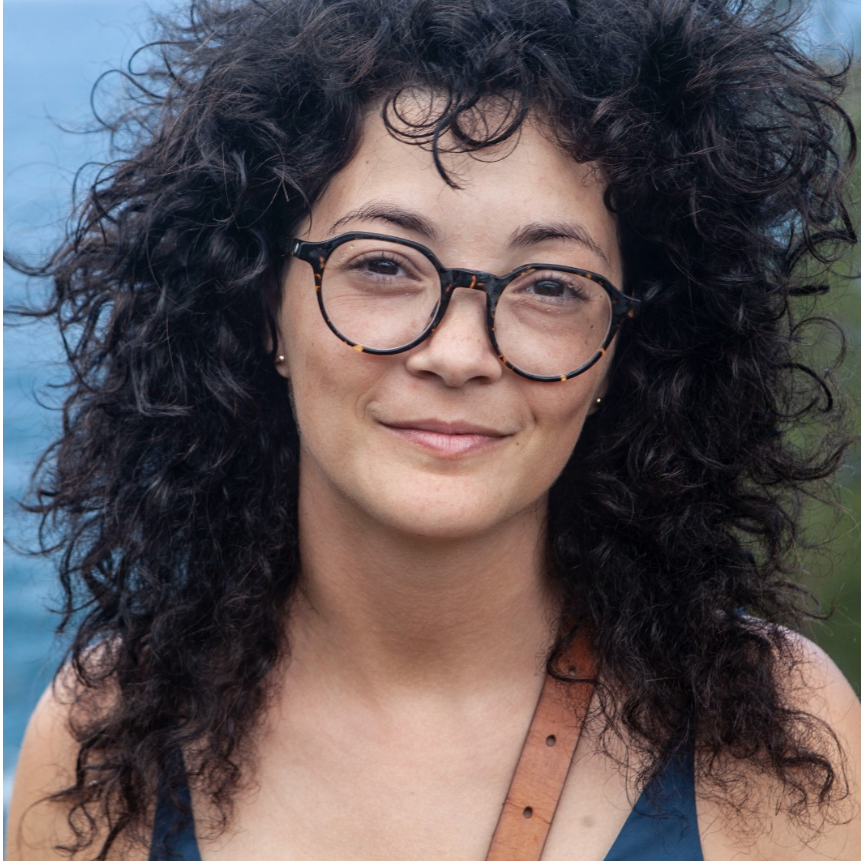
Ana Rocha
Paraná
Ana Rocha (Curitiba, 1987) has worked as a curator and producer since 2009. It holds exhibitions, contributes to catalogues, and coordinates training and residency programs for artists and curators. She was director of the Museum of Contemporary Art of Paraná from 2019 to 2022 and in 2023 she served as Artist Liaison at the gallery A Gentil Carioca.
Among its curators, the following stand out: The exhibitions reviewing the MAC Paraná collection: the 67th Salão Paranaense (2022), the exhibition While everything burns (2021) and Somos Aqui! (2019). Coordination of three editions of the SESI Curitiba Visual Arts Center (2017-2019), the exhibition Increasingly Closer (2018) and Extensions 16xA4 (2014). She participated in the 2015 Curitiba Biennial as a curator, alongside Daniel Rangel, when she received the Young Curators Award. In 2013, he coordinated the production team for the Curitiba Biennial. Among other projects, in 2011 and 2012, she was curator of the Finnacena space, where she held exhibitions, book fairs and video art exhibitions. Before that, she was editor of #LAB – art criticism laboratory, alongside artist Lailana Krisnki.
Ana graduated in Visual Arts from Universidade Tuiuti do Paraná (2009), specialized in project management from ISAE/FGV (2011) and has a master’s degree in Art History from UNIFESP.
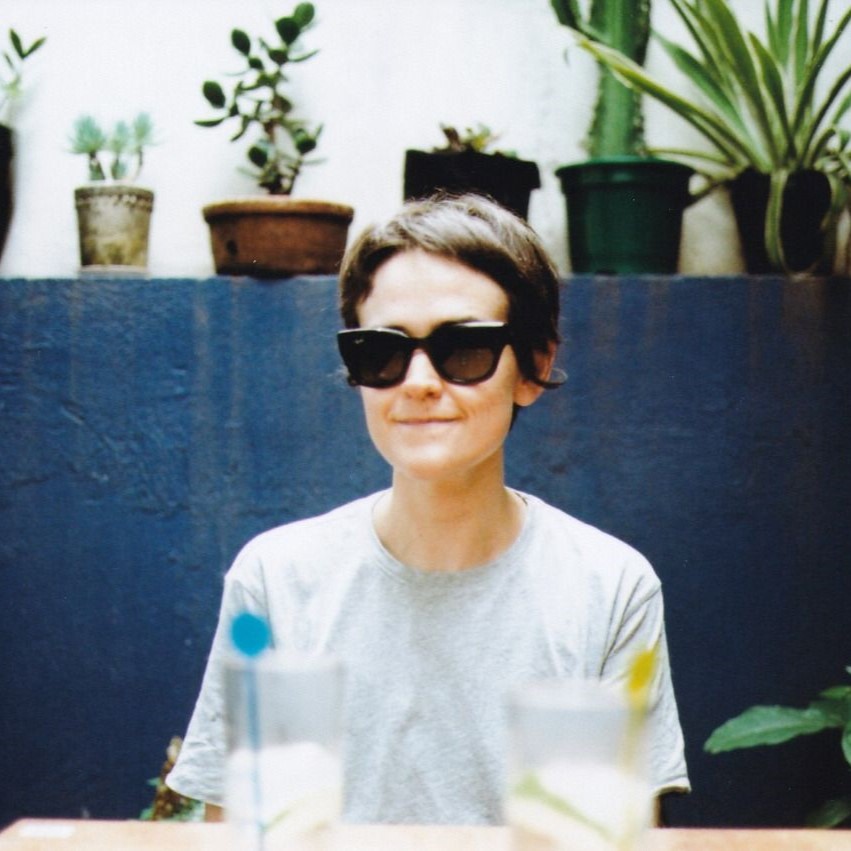
Ana Roman
São Paulo
Ana Roman has a master’s degree in Geography from FFLCH-USP. She was curator, assistant curator and researcher in several exhibitions held in cultural institutions in the country, including Rever_augusto de Campos (2016), ‘Between Construction and Appropriation: Antonio Dias, Geraldo de Barros and Rubens Gerchman in the 1960s’ (2018), ‘ Black Stream’, by Alice Shintani (2019), among others. She organized the two editions of the course “Art exhibitions: curation, mediation and production” at Casa Plana, in 2017 and 2018. She was assistant curator of the 34th São Paulo Art Biennial (2021). She is currently content coordinator for the Academia de Curadoria research group and regularly contributes to the Piscina platform.
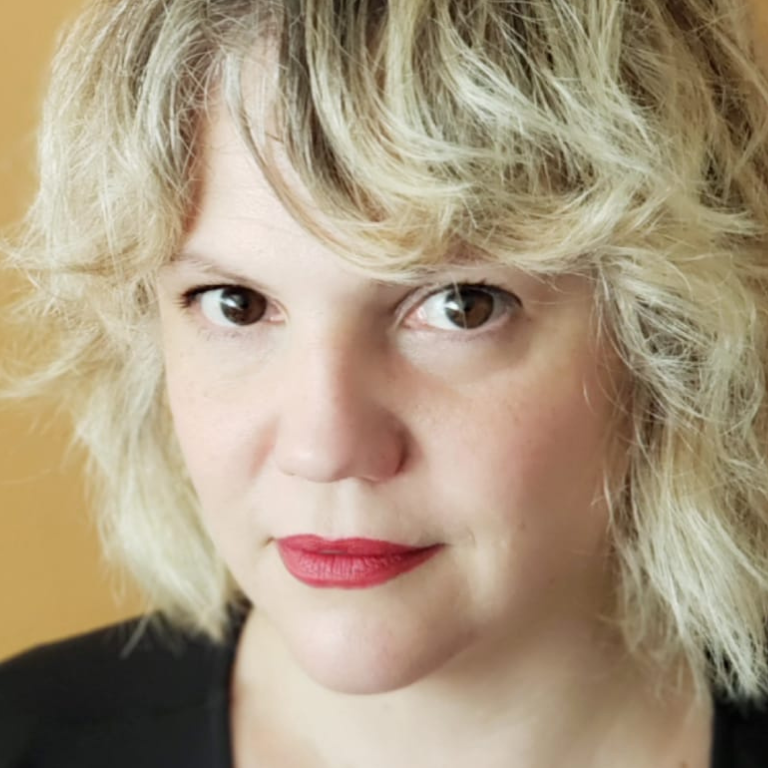
Ana Avelar
Distrito Federal
Ana Avelar is a professor of Theory, Criticism and History of Art at the University of Brasília (UnB). There she developed curatorial projects for Casa Niemeyer between 2017 and 2021, being the curator responsible for the OCA International Artistic Residency Program. He held exhibitions at the Museum of Contemporary Art of the University of São Paulo (MAC/USP) and Centro Cultural Banco do Brasil de Belo Horizonte (CCBB-BH), among others. She participates in juries for national awards, such as Marcantonio Vilaça – in which she was a finalist in 2017 –, Pipa and Rumos Itaú Cultural, in addition to Jabuti in 2019. In the same year, she was the winner of the Curators Exchange program, promoted by the Brazilian Art Association Contemporânea – ABACT in partnership with the Getty Research Institute.
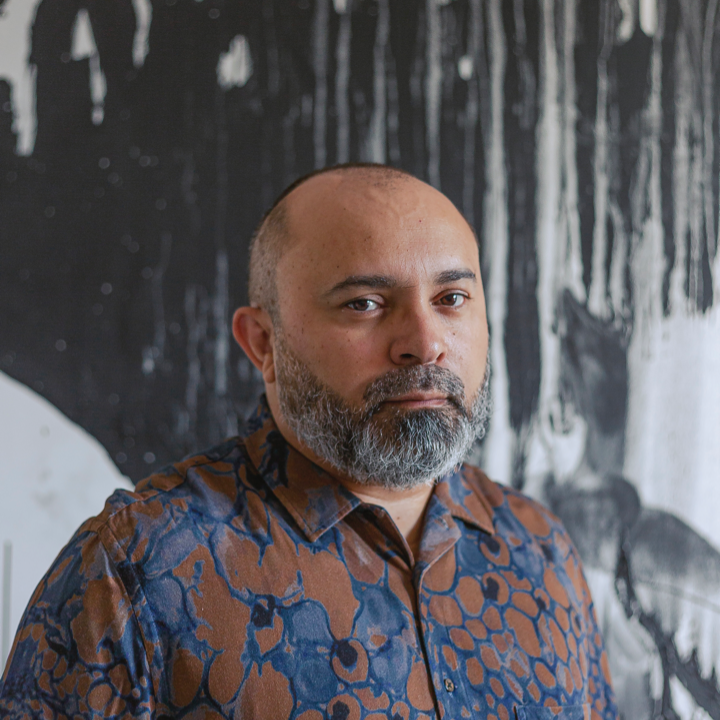
Bitu Cassundé
Ceará
Bitu Cassundé (Várzea Alegre/CE, 1974): Curator, researcher, educator, is Heritage and Memory Manager at the Cariri Cultural Center (Crato/CE), Curator of the second edition (2023) of the Ling Presents Project at the Ling Institute in Porto Alegre/RS. He was curator of the Museu de Arte Contemporânea do Ceará from 2013 to 2020 and coordinated the Porto Iracema da Artes Visual Arts Laboratory from 2013 to 2018. He was part of the curatorial team of the À Nordeste project, at SESC 24 de Maio/SP in 2019, together with Clarissa Diniz and Marcelo Campos; participated in the curatorial team of the Rumos Artes Visuais Program at Itaú Cultural (São Paulo, 2008 to 2010) and directed the Murillo La Greca Museum (Recife, 2009 to 2011). In 2015, he participated in the 5th edition of the CNI SESI SENAI Award Marcantonio Vilaça, part of the curatorial team of the 19th Videobrasil Festival and Arte Pará; With Clarissa Diniz he formed the contemporary collection of the Banco do Nordeste Cultural Center, linked to the Superficial Metro project. His main curatorial projects were: Leonilson – Sob o Peso dos Meus Amores, at Itaú Cultural (São Paulo, 201) and at Fundação Iberê Camargo (Porto Alegre, 2012); Light Rail, at Paço das Artes (São Paulo, 2012); Light Rail II, at Centro Cultural São Paulo (São Paulo, 2013); Routes: Detours and Other Cycles, Leonilson Inflamável and Carneiro, at the Ceará Museum of Contemporary Art (Fortaleza, 2013/2014); and Das Viagens, dos Desires, dos Caminhos (Museu Vale/ES, 2014); Ze – Collection of Life Experiences (MAC CE, 2018); To the Northeast (SESC 24 de Maio, SP). In 2022 he curated Antonio Bandeira: Amar se Aprendi Amando, at the Pinacoteca do Estado do Ceará and Encarnado by Efrain Almeida at the Centro Cultural do Cariri (2023). His latest research is dedicated to investigating transit relations between the North/Northeast Regions of Brazil , with an emphasis on economic cycles, migratory flows and the connections between life, desire and art. Issues related to subjectivity, confession, intimacy, biography are also part of his research. Currently developing doctoral research in arts at UFPA/Belém. Lives in Crato/CE.
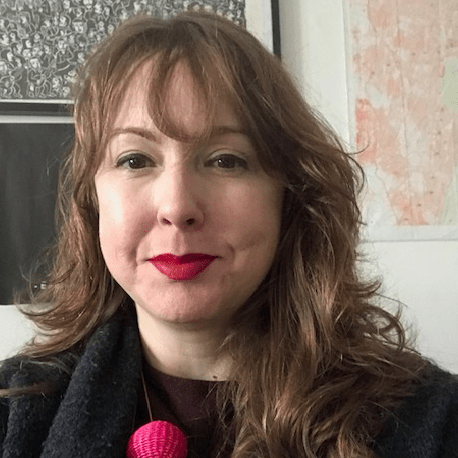
Cristiana Tejo
Pernambuco
Cristiana Tejo is an independent curator and PhD in Sociology (UFPE). She is a researcher at the Institute of Art History at Universidade Nova de Lisboa and researcher at the Project Artists and Radical Education in Latin America: Years 1960/1970. She is co-organizer of the Quarantine Project together with Lais Myrrha, Marilá Dardot and Julia Morelli. Manages the NowHere project – exchanges and artistic experiments with the artist Marilá Dardot, in Lisbon. She is co-curator with Kiki Mazzuchelli of Residência Belojardim, in Agreste de Pernambuco, and was co-founder of Espaço Fonte (Recife), a residency space that welcomed artists and curators from Germany, France, Spain, Argentina, Puerto Rico, Holland, Portugal and from various parts of Brazil. She was also curator of the Made in Mirrors Project, an exchange between artists from Brazil, China, Egypt and the Netherlands (2007 – 2012). She was General Coordinator of Training at the Joaquim Nabuco Foundation (2009 – 2011), Director of the Aloísio Magalhães Museum of Modern Art (2007-2009) and Curator of Visual Arts at the Joaquim Nabuco Foundation (2002-2006). Co-curated the 32nd Panorama of Brazilian Art at MAM – SP, with Cauê Alves (2011) and the Rumos Artes Visuais Project at Itaú Cultural (2005-2006). Curated Paulo Bruscky’s Special Room at the X Havana Biennial (2009).

Cristóvão Coutinho
Amazonas
Degree in Law – 1983. Specialization in Environmental Law/UFAM – 1996. Artist since 1986. Free courses: Fundação Parque Lage – RJ – 1995. Fundação Casa de Rui Barbosa – RJ/Pensamento Grão – 1995. Museu de Arte Moderna – RJ – 1995. Art Curatorship/Rumos Visuais Program/Itaú Cultural-SP – 2000/2002. Curator of the Exhibition Manifesto das Indifferences, Galeria Itaú Cultural/BH – 2002. Ateliê Centro Cultural UFMG – 2002. Specialist in Visual Arts and Contemporary – UEMG – 2002. Author Text Guide/International Biennial – How to Live Together – 2006. Author of the Book Extremes Indicative of a Curation, with artists from the North Region – 2009. Coordination/curatorship-CAUA/UFAM Gallery – 2003-2011. Author of the Visual Arts Memorial 2003/2011 Gallery/Collection CAUA UFAM – 2012. Municipal Councilor for Culture/Manaus – 2013-2015. Curator/Coordinator Espaço Independente Sala Ôca – 2017. Curator Galeria do Largo – Since June/2018. Coordinator of Amazonas Artes Visuais 2022 – Vidas Coletivas and Amazonas Artes Visuais 2023 – Floresta de Saberes, with the participation of national and local curators and artists.

Divino Sobral
Goiás
Divino Sobral was born in Goiânia (1966), where he lives and works as a visual artist and independent curator. Received the following awards: Curatorship Award and Best Exhibition Award of 2022, Brazilian Association of Art Critics (2022); Salão Anapolino de Arte Curatorship Award (2017); Curatorship Award for the Marcantonio Vilaça CNI SESI SENAI Award (2015); Situações Brasília Art Critic Award DF Visual Arts Award (2014); Rede Nacional Funarte Visual Arts Award (2012); Conexões Visual Arts Award MinC Funarte Petrobras (2012); Marcantonio Vilaça Award, MinC Funarte (2009); Bonito Winter Festival Award, Bonito, MS (2005). Between 2011 and 2013 he was Director of the Museum of Contemporary Art of Goiás. He participates in seminars, art salon commissions and regularly publishes texts in books, catalogues, newspapers and academic magazines. It is part of the Contemporary Brazilian Essays Collection – Visual Arts, published by Funarte in 2017.
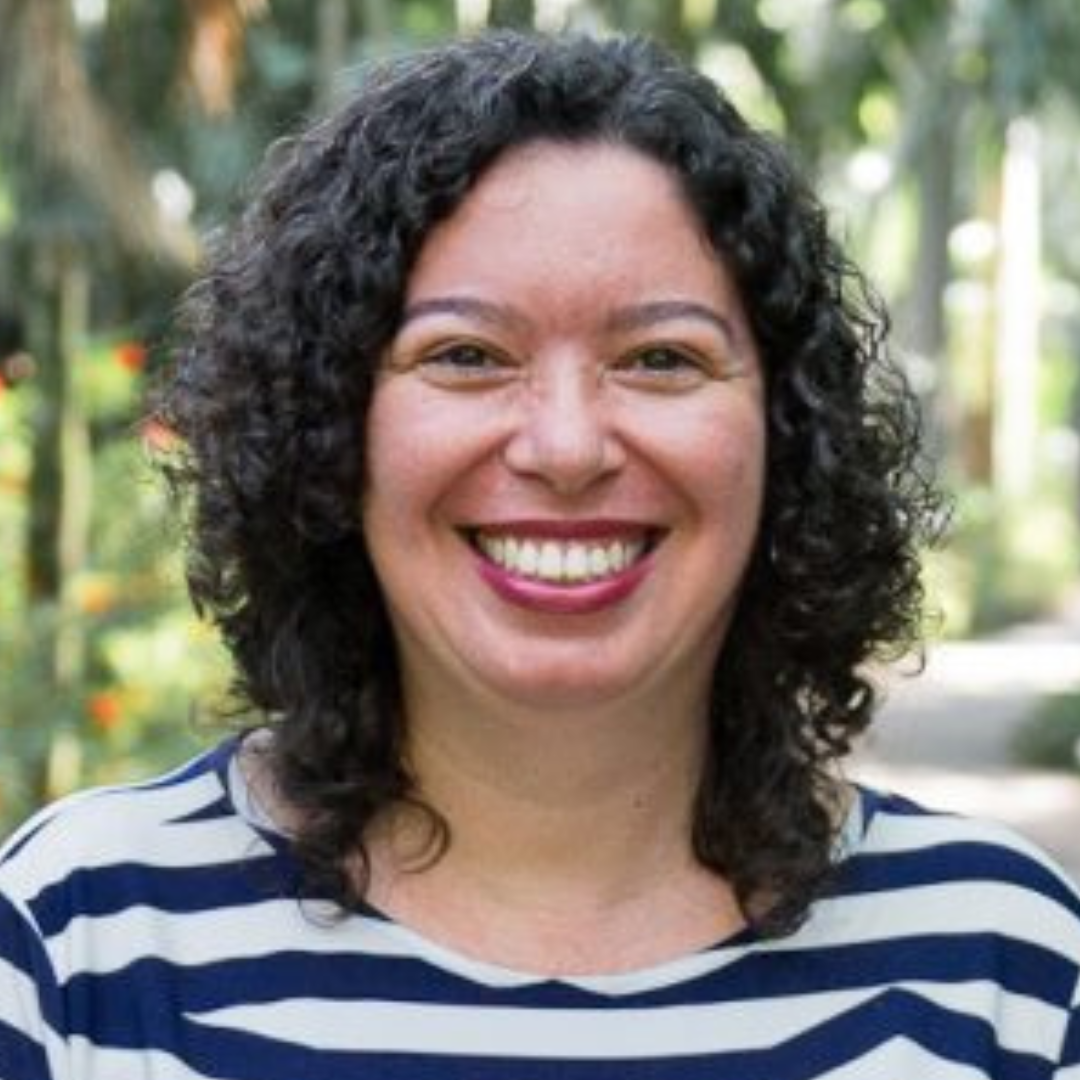
Janaína Melo
Minas Gerais
Graduated in History (UFMG) and postgraduate from Escola Guignard (UEMG). He is the Education Manager at the Rio Art Museum/Escola do Olhar – MAR. She was curator of Art and Education at the Instituto Cultural Inhotim, Brumadinho [2007-2012], professor of Art Criticism at Escola Guignard UEMG [2010-2012] and coordinator of Visual Arts at the Pampulha Museum [2004-2007]. Curator of the Atelier Aberto project at Escola Guignard da UEMG [2010-2012 editions]. She was curator of the exhibition program for the first edition of the JACA Artistic Residency Project, Nova Lima, MG [2010] and curatorial assistant for the Rumos Artes Visuais Program at Itaú Cultural [2008-2009]. He has published texts in books, catalogs and magazines.
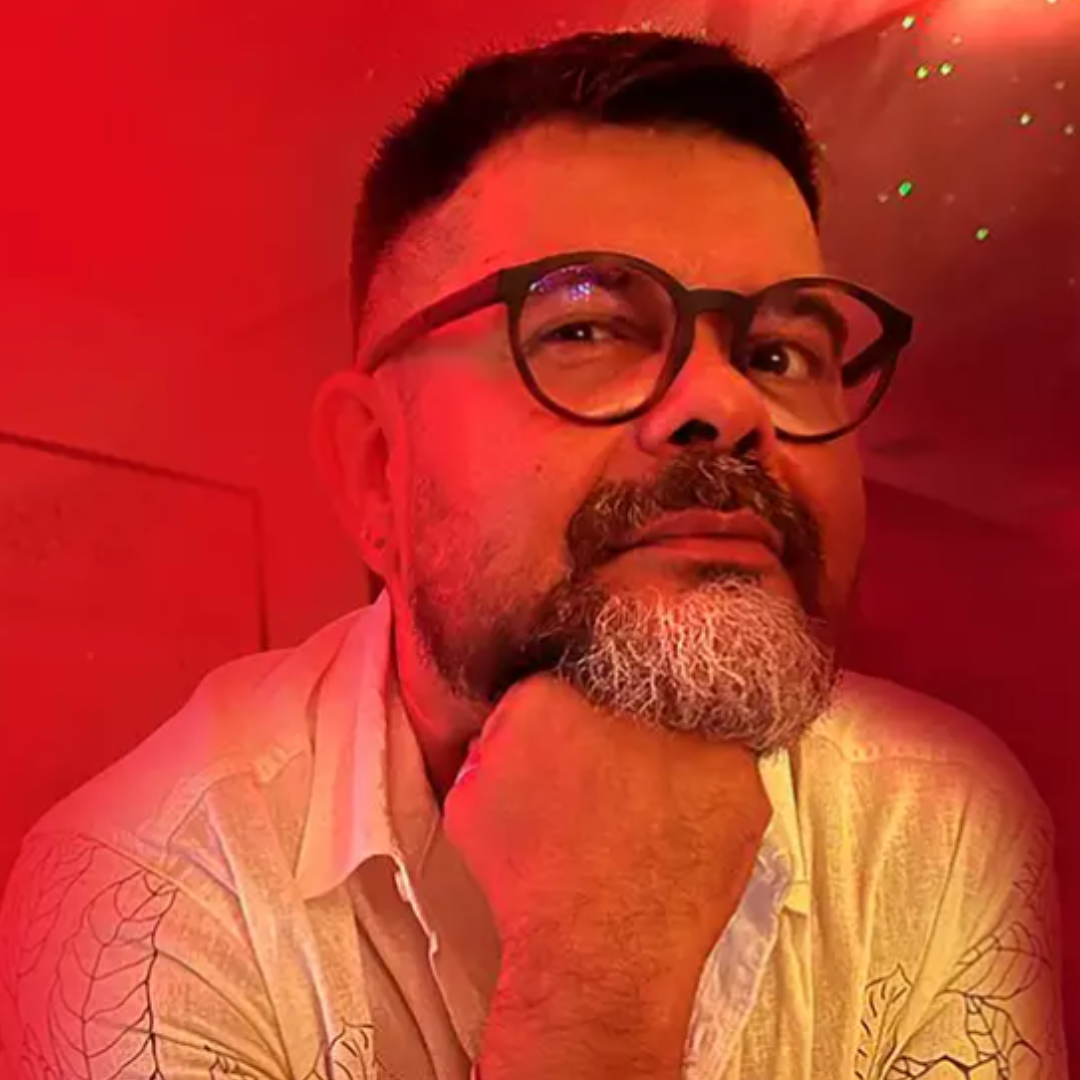
Orlando Franco Maneschy
Pará
Artist, Teacher and Independent Curator. He works on art projects in Brazil and abroad. He is leader of the Bordas Diluídas Research Group – CNPq. He completed a supervised post-doctorate at the Center for Research and Studies in Fine Arts at the Faculty of Fine Arts of Lisbon (CIEBA-FBAUL – 2015 to 2016) with a CAPES scholarship. He is an Associate Professor at the Institute of Art Sciences – ICA at the Federal University of Pará, where he teaches undergraduate and postgraduate courses (Masters and Doctorate). He has a master’s degree in Communication and Semiotics from the Pontifical Catholic University of São Paulo [Arts] (2001) and a PhD in Communication and Semiotics from the Pontifical Catholic University of São Paulo [Sign and Meaning in the Media] (2005). Develops research in contemporary art, such as: The relationship between Image in the Visual Arts – Mapping of image production in contemporary art in Pará, covered by the New Doctorate Assistance Program – PARD and Acervo de Videoarte Paraense: systematization and critical analysis, covered by notice 80 /2013 from CNPq. Within its actions there is the creation and articulation of Mirante – Território Móvel, which is an active action platform that enables art propositions in the city of Belém. In 2008, it received a Funarte Scholarship to Encourage Critical Production in the Arts (2008 Scholarship Program) . He was a consultant in the northern region on the project Art in Brazil: critical texts of the 20th century / Documents of 20th century Latin American and Latino Art: A Digital Archive and Publications Project, 2008. At the end of 2009 he released the book JÁ! Contemporary Emergencies, book organized in partnership with Ana Paula Lima with Brazilian critics and artists. Creator and curator of the Amazon Project, Place of Experience, (rewarded with the Marcantonio Vilaça Visual Arts Prize / Procultura Visual Arts Prize 2010), a project that founds the Amazonian Art Collection at UFPA.

Samantha Moreira
Maranhão
Artist, cultural manager, educator and curator. Founder of Ateliê Aberto (Campinas/SP 1997), CHÃO SLZ (São Luís/MA 2015), institutional director of JA.CA Centro de Arte e Tecnologia and Arrudas Pesquisa em Artes (Nova Lima and Belo Horizonte/MG since 2018) . One of the creators of PREAMAR network actions from Maranhão, the Collaborative Fund for artists and creators, organized by a group of independent partner spaces; co-curator of VERBO Performance Art Exhibition in São Paulo, São Luís and Fortaleza (2018 to 2023), II Meeting of Art Researchers, Chão – São Luís – Aldir Blanc Maranhão Law – 2021, Poem to the Men of our Time – Hilda Hilst in dialogue, Rede Nacional Funarte Award; Edible, ProAc Award; After Borders – Sound and visual landscapes on the plateau, Daquilo que me habita at CCBB Brasília, Instant experience/event – co-curator of the audiovisual performance center, SESC Campinas (2012), among other exhibitions and awards. He participated in exhibitions such as 32°Panorama of Brazilian Art at MAM, Rumos Artes Visuais Itaú Cultural, Temporada de Projetos Paço das Artes. Together with JACA, he coordinated the CCBB Educational Program between 2018 and 2022, coordinated the LAB Cultural BDMG Cultural 2021, 7 Bolsa Pampulha 2018/2019, and was part of the advisory board of the Secretary of Culture of the State of Ceará in the implementation of the Pinacoteca do Ceará (2020 to 2021 ) and coordination of the opening exhibitions in 2022. Participates in selection and award juries such as Lei Aldir Blanc from the Secretariat of Culture of Campinas – 2021, Salão Anapolino de Arte Goiás – 2020, Porto de Iracema, 2017, Marcantonio Vilaça Award – 2015, between others. Organizer of the books Ano13 fruits, seeds, trees, garden – JA.CA 2023, Thiago Martins de Melo – 2018 Ed. Capivara, Metadados – Ateliê Aberto – ProAc Espaços Independentes Award, 2015, IndieGESTÃO – how to suck sugarcane and whistle at the same time – JACA and Ateliê Aberto Funarte National Network Award, 2014.

Tarcisio Almeida
Bahia
He is an independent curator, researcher and professor, pursuing a doctorate at the Center for Contemporary Culture Studies (ECCO – UFMT) and a master’s degree in clinical psychology from the Center for Subjectivity Studies (PUC – SP). It develops programs linked to contemporary artistic practices, curatorial dialogues and collective learning processes offering research support and artistic monitoring for projects, institutions, groups and artists. He currently dedicates his research to artistic experiments and modes of creation based on liberation, freedoms and cognitive justice from the field of visual arts. Among his most recent movements are the artistic-educational actions in the Zofir Brasil collection (Rio de Contas – BA, 2015 to 2017), the coordination of the artistic residency program “See the invisible, say the unspeakable” at the Valongo International Festival of Imagem (2018) and temporary teaching (2019 – 2020) at the Center for Arts, Humanities and Letters of the Federal University of Recôncavo da Bahia (UFRB), a territory in which he develops the training program for young artists Disobedient Practices and coordinates the Elixir Fund ; in partnership with the Africas nas Artes project. Between 2021 and 2022, he coordinated and curated projects such as Buracos, Crateras e Abraços (Individual Ana Almeida, Quadra and Central Galeria), Coroas (individual Uiler Costa-Santos, Museu de Arte da Bahia), Possíveis Argumentos (collective exhibition curated by Thiago de Paula – HOA Galeria and Mendes Wood Brussels), Cimento e Água (solo exhibition Lais Amaral, M+B Los Angeles) and Sidney Amaral: a mirror in history (curated by Luciara Ribeiro, HOA and Almeida & Dale Galeria). He is currently part of the curatorial team for the 35th Bienal de São Paulo – Choreografias do Impossível curated by Diane Lima, Hélio Menezes, Manuel Borja-Villel and Grada Kilomba.
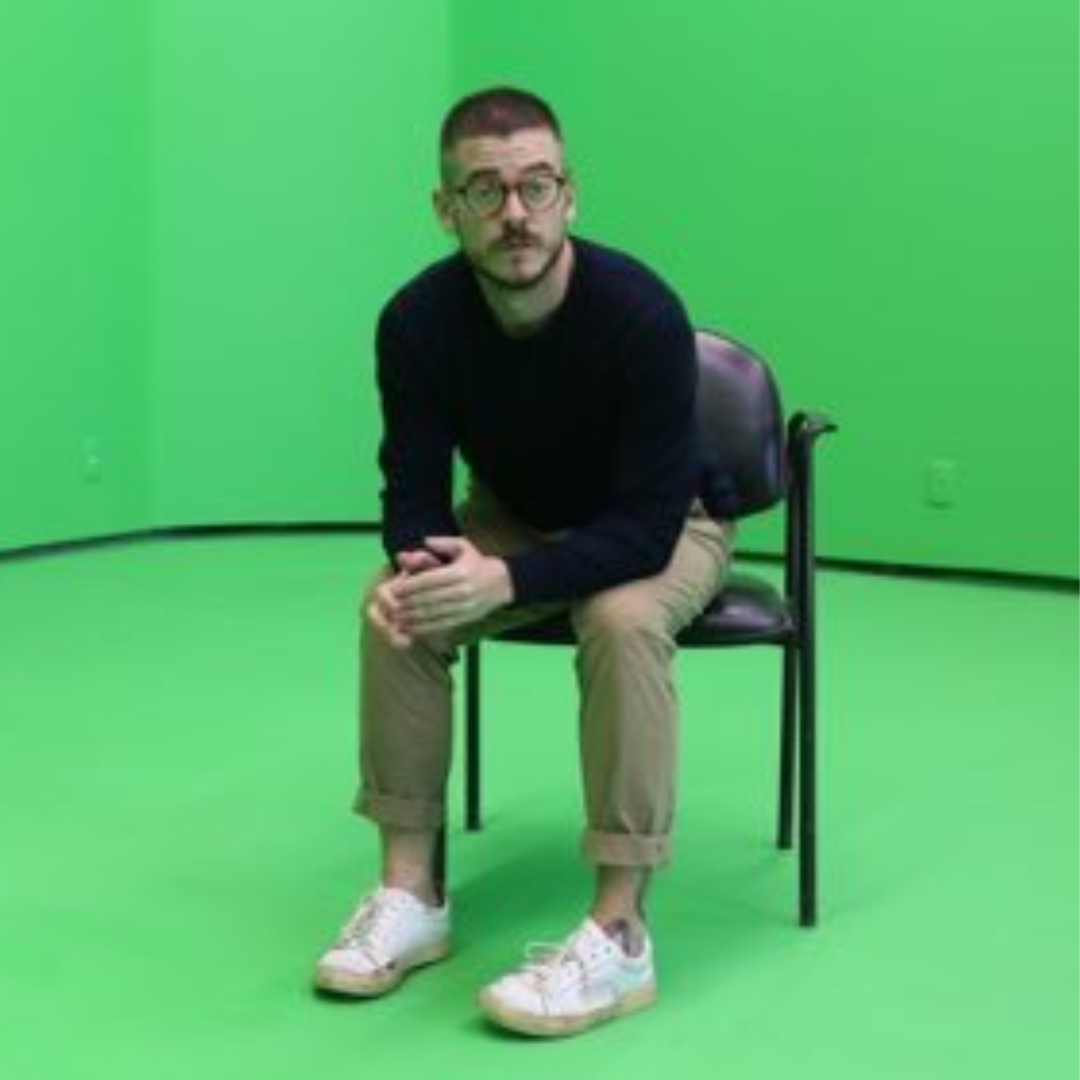
Ulisses Carrilho
Rio de Janeiro
Ulisses Carrilho is curator at the Parque Lage School of Visual Arts and a former student of the same school. Postgraduate in Cultural Economics (UFRGS), studied Social Communication (PUCRS) and Literature – Portuguese/French (UFRGS). His research at the intersection of arts and education aims at counter-narratives and criticisms of the production logic of cognitive capitalism. In 2017, he participated in the Intervalo-Escola residency, around a forest school in the Amazon Forest (Tupana River and Igapó-Açu). Since 2015, he has worked at the Escola de Artes Visuais do Parque Lage, with Lisette Lagnado, as assistant director and assistant curator. In 2018, he took over the curatorship of Education and Public Program at the school. Lives in Rio de Janeiro.
SELECTION COMMITEE
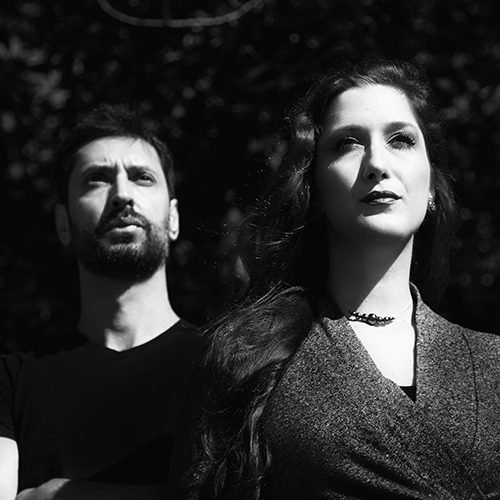
Ío
Laura Cattani e Munir Klamt
Ío is the duo of artists formed in 2003 by Laura Cattani and Munir Klamt, both artists, curators and researchers, with PhDs in Visual Poetics from UFRGS, with a post-doctorate at UnB. Laura Cattani has a multidisciplinary background, with a degree in Performing Arts from UFRGS and a specialization in Project Management from ESPM. He did part of his doctoral research in France, and his thesis was nominated for the Capes Prize. She was manager of the UFPel Arts Center. Munir Klamt has a specialization in Cultural Economics. His thesis, Metamedidas, received an Honorable Mention in the 2017 Capes Thesis Award. He taught at the Federal University of Rio Grande (FURG), where he coordinated research and extension projects. He currently teaches at UFRGS in the area of Art and Technology and coordinates the Pinacoteca Barão de Santo Ângelo. Member of the MARGS curatorial committee. The artists have been working since 2003 under the pseudonym Ío, holding exhibitions in several cities in Brazil, as well as Uruguay, Argentina and France. His production was awarded three times at the Açorianos Prize for Visual Arts; Best Exhibition at the 2nd IEAVi Awards; Honorable Mention in the 1st and 4th IEAVI Awards, in addition to nominations for the Pipa Award and the Açorianos Award, including the Jury Award for his artistic career. His work is included in the collections of MACRS, FVCB, Casa Niemeyer Collection, MAM-RJ and MAMAM. As curators and cultural producers, they have held several exhibitions with internationally acclaimed artists, as well as award-winning artistic projects. Of note is their role as assistant curators at the 13th Mercosul Biennial alongside Marcello Dantas. They are the creators of the Torus Cultural Institute, the Torus Artistic Residency and the art publishing house Névoa.

Daniele Barbosa
Daniele Barbosa is a researcher and educator in visual arts and a graduate student in Art History at the Federal University of Rio Grande do Sul. She collaborated as a theorist in @arquipélago_2020, a collective movement of artists and art researchers, and the Coalescer project. She is part of the Educational and Public Program Center of the Rio Grande do Sul Art Museum and carried out her first curation in honor of Maria Lídia Magliani, inaugurating the space named after the artist at Casa de Cultura Mario Quintana. He was part of the study group “Presença Negra no MARGS”. She was part of the production team for the 13th Mercosul Biennial and winner of the French Alliance Young Curator Award in 2022. She is interested in cultural dialogues, black feminism and memory, seeking social transformation through art.
PROJECT CREATION
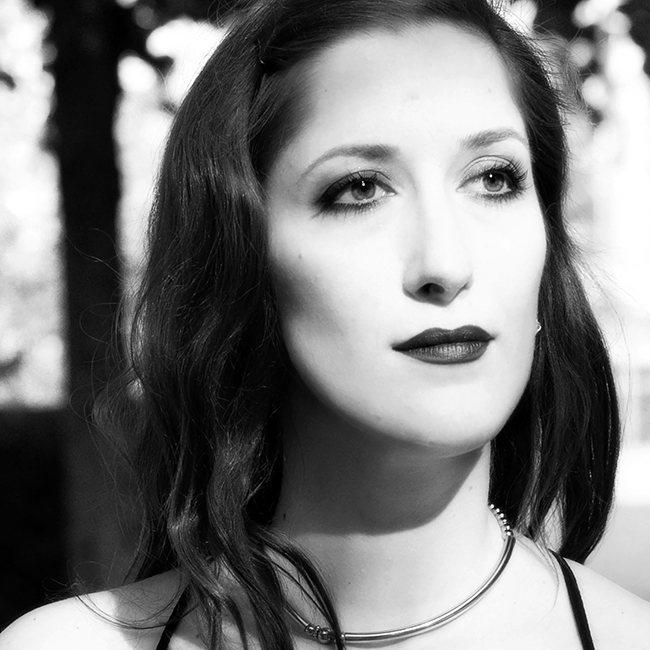
Laura Cattani
Artist, curator, researcher, cultural producer and acts as an agent in the field of contemporary art, always promoting artistic collaborations, partnerships with creators and institutional collaborations. Graduated in Performing Arts, with a master’s degree and doctorate in Visual Poetics from PPGAV/IA/UFRGS and post-doctorate at PPGAV/UnB, Laura Cattani also has a specialization in Project Management from ESPM, with experience in the area of Cultural Management. She was a member of the Visual Arts sectoral collegiate. She taught at the UFPel Arts Center between 2020 and 2023, where he coordinated extension actions at Galeria A Sala. During her career, she held exhibitions and multimedia projects in several cities in Brazil, as well as Uruguay, Argentina, Germany and France. She served as deputy curator of the 13th Mercosul Biennial, under the general curatorship of Marcello Dantas. It acts as a cultural agent to promote the dissemination and appreciation of Contemporary Art as an instrument for reflection, questioning and transformation, and has been developing innovative projects with national projection, always seeking articulation with different multicultural and transdisciplinary groups.
https://linktr.ee/lauracattani


